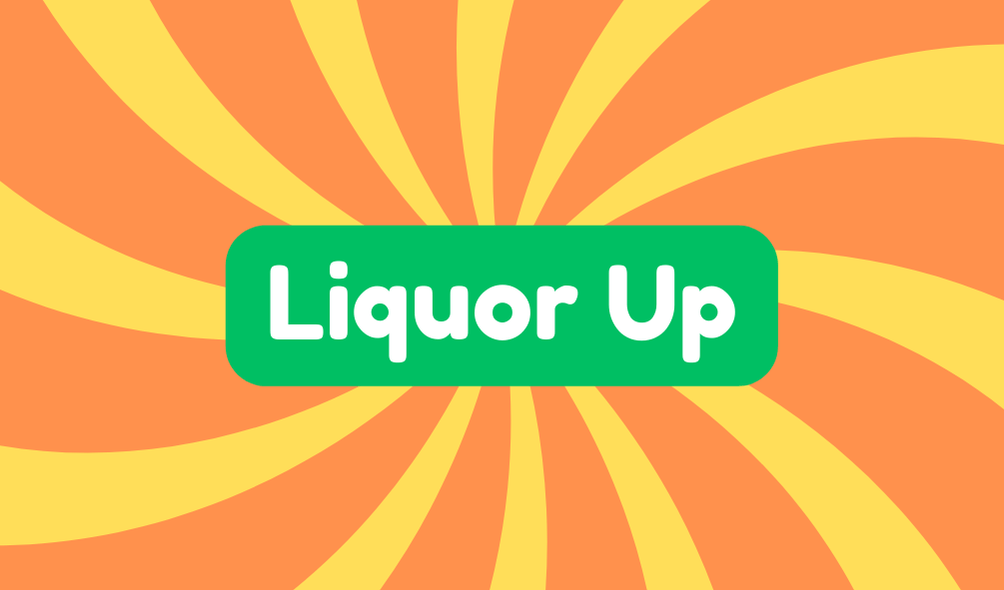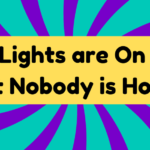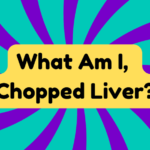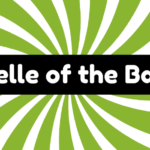The phrase "liquor up" means to encourage someone to drink alcohol, typically at social gatherings. Its origin is unclear and seems to have evolved organically in casual language. Examples include friends convincing someone to drink at a bar or salespeople using alcohol to win deals. Although it reflects bonding through drinking, it raises concerns about excessive consumption and its consequences. Exploring this concept further reveals how drinking culture influences social interactions and individual behaviors.
Synonyms
When exploring alternatives to the phrase "liquor up," several synonyms emerge, each capturing different aspects of getting someone to drink alcohol. These terms reflect the nuances of drinking culture, often prevalent in social gatherings.
- Raise a glass
- Sip spirits
- Drink freely
- Indulge in libations
- Cheer with cocktails
While these expressions can illustrate a fun and festive environment, they can also mask the potential consequences of excessive consumption. They invite scrutiny of drinking habits, prompting a dialogue about the implications of social norms surrounding alcohol. Such dialogues can foster a more conscientious approach to enjoying beverages.
Example of Sentences
Exploring the phrase "liquor up" reveals various scenarios that illustrate its casual yet concerning use in everyday conversation. The term often surfaces in discussions surrounding drinking culture and social gatherings, highlighting behaviors that may seem harmless but can lead to negative consequences. Key examples of this phrase in context include:
- Friends took them to the bar and liquored them up during a visit.
- Salespeople liquored up potential customers to win a deal.
- Jealous relatives liquored him up to find out about his inheritance.
- He got liquored up at the pub and started a trivial fight.
- New neighbors liquored up every night.
These instances reflect the complexities surrounding alcohol consumption.
Origin
The phrase "liquor up" lacks a documented history, leaving its origins somewhat murky and open to interpretation. Unlike many historical phrases with clear roots, this modern expression seems to have developed organically in casual language. Its ambiguous beginnings may stem from various cultural influences, yet no specific geographic or social context has been identified.
| Aspect | Historical Phrases | Modern Expressions |
|---|---|---|
| Documentation | Often well-documented | Frequently vague |
| Cultural Influence | Strong connections | Varied, less defined |
| Usage Evolution | Changes over centuries | Rapid and informal |
Collocations
Collocations associated with the phrase "liquor up" reveal interesting patterns in its usage, reflecting how language adapts to social behaviors. Common phrases comprise expressions that frequently coexist with this idiom. Significantly, they include:
- "liquor up at social gatherings"
- "liquor up for drinking games"
- "liquoring up friends"
- "liquoring up to celebrate"
- "liquor up and socialize"
Such collocations emphasize the communal aspect of drinking, often marking celebratory occasions. However, it also raises concerns about the normalization of excessive drinking in social settings, highlighting a cultural inclination to use alcohol as a social lubricant, sometimes at the expense of healthier interactions.
How to Use in Everyday Language
Many people may find themselves casually incorporating the phrase "liquor up" into conversations, especially in social contexts. This phrase often emerges during social gatherings, where drinking can sometimes overshadow responsible drinking practices. While it may seem harmless among friends, the encouragement to liquor up can lead to excessive consumption and questionable choices. It is essential to recognize the potential consequences of such behavior, as it can blur the lines of enjoyment and recklessness. Using "liquor up" can highlight the allure of nighttime revelry, yet individuals should prioritize moderation over indulgence to foster safer and healthier social experiences.
Why Is It Still Relevant Today?
In social circles, phrases like "liquor up" remain prevalent, often reflecting broader drinking customs that persist today. This phrase encapsulates the complexities of drinking culture at social gatherings, where alcohol is frequently utilized to foster connections or enhance experiences. However, the implications of excessive drinking warrant scrutiny.
| Aspect | Positive Notes | Critical Considerations |
|---|---|---|
| Social Bonding | Encourages camaraderie | Can lead to unsafe behaviors |
| Celebration | Marks special occasions | May diminish meaningful moments |
| Stress Relief | Temporary escape | Potential for dependency |
| Networking | Builds business relations | Exploits social pressure |
| Cultural Significance | Reflects traditions | Risks normalizing excess |







